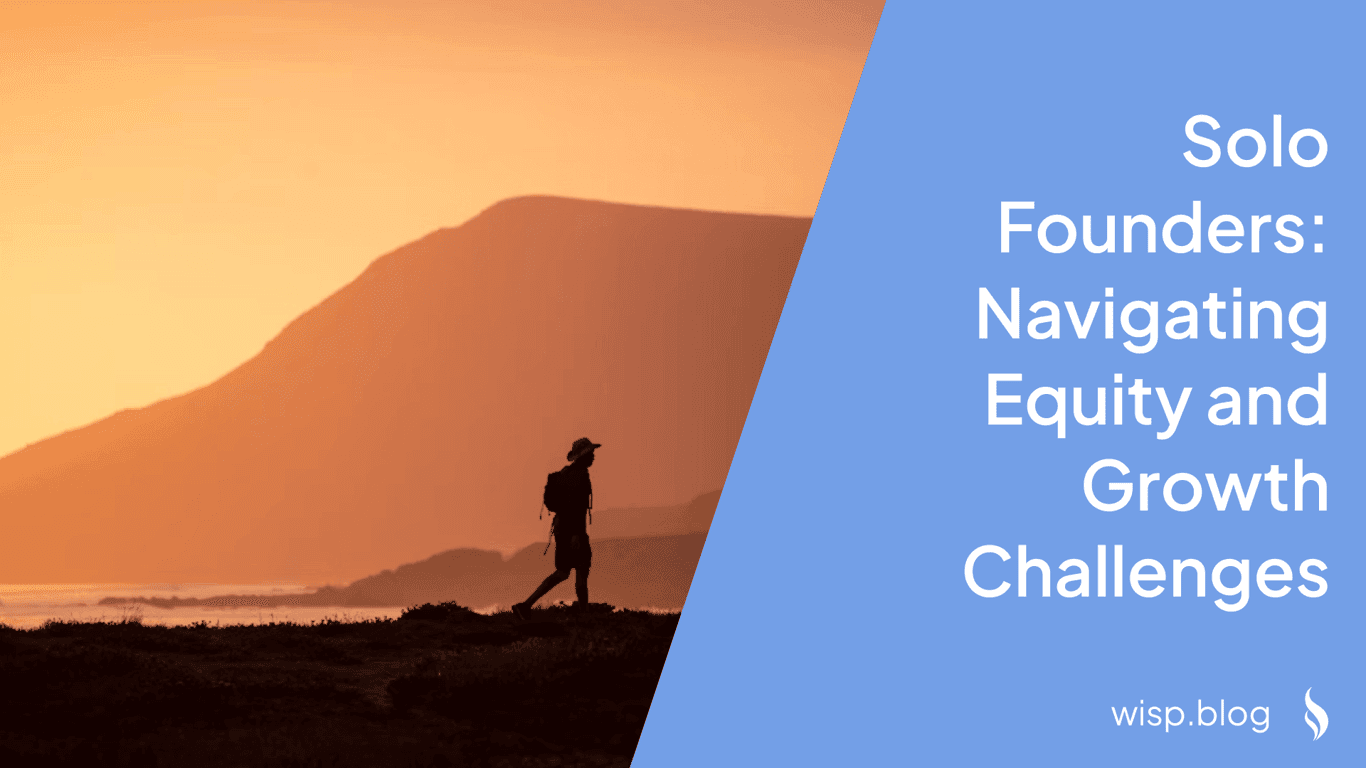
As a founder embarking on your entrepreneurial journey, you might find yourself wondering which books are truly worth your precious time. With countless business books flooding the market, it's easy to feel overwhelmed by choice while simultaneously wrestling with the nagging feeling that you should be "doing" rather than reading.
"Books are life changing. LIFE CHANGING. Books and learning can make the difference between success and failure," emphasizes one experienced founder. Yet others remind us that "reading is great, but as a founder THE important thing is 'doing'." This tension between knowledge acquisition and practical execution is at the heart of every founder's journey.
In this guide, we'll explore the most impactful books recommended by successful founders and startup community members, helping you strike the right balance between learning and doing. We'll focus on books that provide actionable insights rather than just theoretical knowledge, ensuring your reading time translates into real-world results.
Why Reading Matters for Founders
Before diving into specific recommendations, let's address why reading should be a priority in your entrepreneurial toolkit. Many successful founders express regret about not reading more earlier in their careers. As one founder reflects, "I wished they told me when I entered college to read as many books in the library."
Reading offers several crucial benefits for founders:
Historical Insight: Books provide access to centuries of accumulated wisdom and experience, helping you avoid common pitfalls and learn from others' successes and failures.
Strategic Framework Development: Quality business books offer tested frameworks that you can adapt to your unique situation, saving you from reinventing the wheel.
Pattern Recognition: Through reading about various business scenarios and outcomes, you develop better pattern recognition skills for your own venture.
Perspective Expansion: Books expose you to diverse viewpoints and approaches, helping you think more creatively about your challenges.
However, it's crucial to acknowledge that reading alone isn't enough. As many experienced entrepreneurs point out, "You can't underestimate the role of luck and who you know in the success of many founders." Books should complement, not replace, practical experience and networking efforts.
Core Reading Categories for Founders
To make the most of your reading time, we've organized our recommendations into four essential categories:
Foundational Knowledge: Books that provide basic business and entrepreneurship principles
Strategic Thinking: Works that help develop your decision-making and planning abilities
Customer Discovery: Resources focused on understanding and serving your market
Execution and Growth: Practical guides for implementing and scaling your ideas
Must-Read Books for Foundational Knowledge
Let's start with the books that every founder should read to build a strong foundation in entrepreneurship:
1. "Zero to One" by Peter Thiel
This foundational text challenges founders to think differently about innovation. Rather than competing in existing markets, Thiel advocates for creating entirely new categories. The book's central thesis - that the best startups create something new rather than improving what exists - has influenced countless successful founders.
2. "The Lean Startup" by Eric Ries
A methodology that has revolutionized how startups approach product development. This book introduces the concept of validated learning and the build-measure-learn feedback loop, essential concepts for any modern founder. It's particularly valuable for those who want to avoid building products nobody wants.
3. "The Founders at Work" by Jessica Livingston
Through interviews with successful startup founders, this book provides raw, unfiltered insights into the early days of notable companies. It's especially valuable because it shows the messy reality of starting a company, rather than the polished success stories we usually hear.
4. "The $100 Startup" by Chris Guillebeau
For bootstrapped founders, this book offers practical ideas for starting a business with minimal investment. It's filled with real-world examples of entrepreneurs who built successful businesses with limited resources.
Strategic Thinking Essentials
1. "Innovation Stack" by Jim McKelvey
Highly recommended by community members, this book presents a framework for building businesses through innovation. As one founder notes, "It helped me learn how to think strategically about business decisions, and identify how we create value in our company."
2. "The Almanack of Naval Ravikant"
A collection of wisdom from one of tech's most thoughtful investors and entrepreneurs. This book covers everything from wealth creation to personal development, providing valuable insights for long-term thinking.
3. "Thinking in Bets" by Annie Duke
This book helps founders develop better decision-making skills by treating choices as probability bets rather than right/wrong binaries - crucial for navigating the uncertainty of startup life.
Customer Discovery and Market Understanding
1. "The Mom Test" by Rob Fitzpatrick
This book is consistently praised in founder communities for its practical approach to customer discovery. It teaches you how to frame questions that elicit honest feedback about your business idea, rather than the polite encouragement that often misleads entrepreneurs.
2. "Value Proposition Design"
A practical guide to understanding what customers really want and creating products that address their needs. This book provides frameworks for testing and validating your business ideas before investing significant resources.
Execution and Growth
1. "High Output Management" by Andy Grove
A classic that teaches fundamental management principles every founder needs to know as their company grows. It's particularly valuable for technical founders transitioning into leadership roles.
2. "Measure What Matters" by John Doerr
This book introduces the OKR (Objectives and Key Results) framework used by successful companies like Google. It's essential reading for founders looking to implement effective goal-setting and tracking systems.
3. "The Hard Thing About Hard Things" by Ben Horowitz
A brutally honest look at the challenges of running a startup. This book addresses the difficult decisions and situations that other business books often ignore.
Supplementary Reading: Paul Graham's Essays
While not technically a book, Paul Graham's essays, particularly "Do Things That Don't Scale" and "How to Start a Startup", are considered essential reading by many in the startup community. These essays provide practical insights and challenge conventional wisdom about startup growth.
Balancing Reading with Action
While these books provide invaluable knowledge, remember that reading should complement, not replace, actual execution. As one founder wisely notes, "Saying 'doing' is appropriate since it encapsulates the vague and changing requirements of founding a startup."
Here's a suggested approach to maximize the value of your reading:
Read with Purpose: Choose books that address your current challenges or upcoming phases of your business.
Implement as You Learn: After each chapter or major concept, identify one actionable item you can apply to your business.
Take Strategic Notes: Don't just highlight - write down specific ways you can apply the concepts to your situation.
Share and Discuss: Join or create a founder's book club to discuss and debate these ideas with peers.
Making the Most of Your Reading Journey
Create a Reading System
To maximize the benefits of your reading while maintaining focus on execution, consider implementing these strategies:
Set Aside Dedicated Reading Time: Block out specific times for reading, treating it as an important part of your professional development.
Focus on Application: For each book, create a one-page summary of key takeaways and specific actions you'll implement in your business.
Review and Reflect: Periodically review your notes and assess which concepts have been most valuable in practice.
Remember the Limitations
While books are invaluable resources, it's important to maintain perspective. As many experienced founders point out, success in startups often depends on a combination of factors, including:
Practical execution of learned concepts
Networking and relationship building
Timing and market conditions
Ability to adapt to changing circumstances
Conclusion
The right books can indeed be "life-changing" as many successful founders attest, but they're most valuable when treated as tools rather than solutions. Start with the foundational texts recommended here, but don't let reading become a form of procrastination.
As you build your reading list, remember that the goal isn't to read everything, but to read what's most relevant to your current challenges and growth stage. Focus on books that provide practical frameworks and actionable insights, and always balance reading with doing.
The most successful founders are those who can effectively combine the wisdom gained from books with practical experience and execution. As one community member puts it, "Most people are too lazy to read. It's one of the greatest life hacks. Commit to reading and learning as much as you can."
Start with one book from each category we've outlined, implement what you learn, and gradually build your knowledge base. Your future self will thank you for investing in this fundamental aspect of entrepreneurial growth.
Remember, the goal isn't to become the most well-read founder, but to become the most effective one. Let these books guide you, but let your actions define you.


